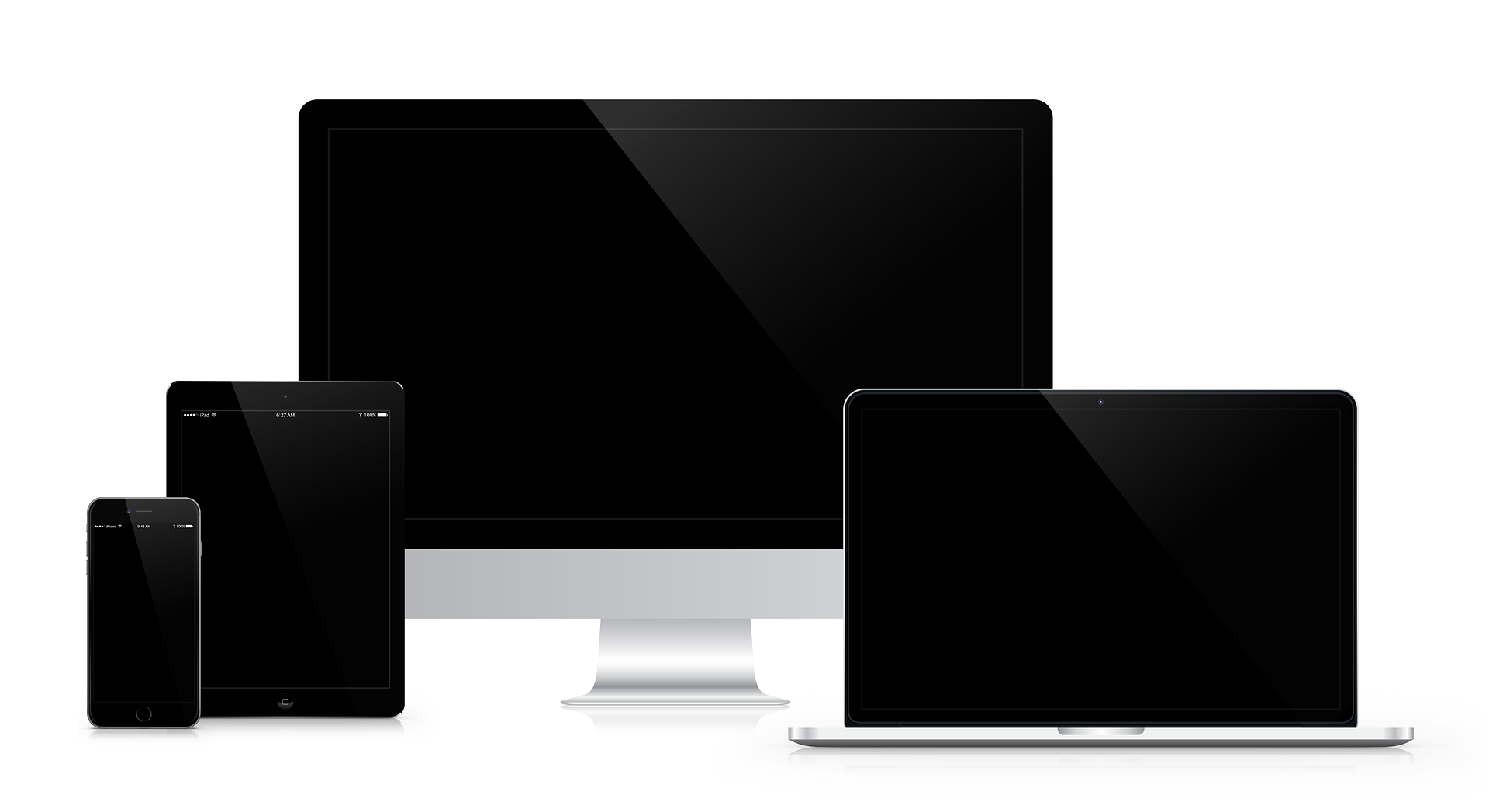Should I buy a laptop or a desktop computer?
This absolutely depends on your usage needs. I have both, but I use them in very different ways. My desktop is for work. It sits in my office and is ready for me whenever I need it. I have upgraded various components over the time I’ve had it, I have added storage drives, I have changed out the keyboard, mouse, graphics card and monitor. This computer has grown with me and my needs. In contrast, our family laptop has been great for different members of the family to use when they have needed it, whether for watching videos or online shopping from the sofa. I have taken it out of the house for short times and it goes wherever the need goes. I have never been able to upgrade it – it’s quite thin, so most of the components are not upgradable. But it does its job well.
In fact, both of them do their jobs really well, but you do have to think about exactly what you need them for.
Why would you want a desktop?
I remember speaking to a friend who saw my desktop computer and said, “Wow, I didn’t think they made computers like that anymore! Don’t you want a laptop?” I can understand the point of view. To people who have no need for a desktop, it can seem like a real disadvantage to have a big box tethered by lots of wires instead of a smaller, completely portable laptop that you could use anywhere. So why choose a desktop? Well…
- Performance: Most desktops are more powerful than their laptop equivalents. They have more space inside enabling better cooling of components and they are not expected to run on battery power, so the components are free to draw as much power as they need to achieve that performance.
- Value: You will often get more for your money when buying a desktop, although you will need to factor in the cost of buying a keyboard, mouse and monitor if you don’t have them already.
- Upgradability: If you don’t have enough RAM, you can buy more and install it very simply. If you need more storage or a better graphics card, these are easy to upgrade too. Modern laptops are often extremely thin and light. One of the ways that this is achieved is by soldering components directly to the motherboard, making upgrades down the line very difficult.
- Repairability: If one component fails (e.g. the monitor or keyboard), it is usually easy to replace it without having to replace the whole computer.
Why would you want a laptop?
Given that desktops are more powerful, cheaper and can grow with you into the future, you might now ask, “Why get a laptop then?” While it is true that you are unlikely to be able to upgrade the internal components of a modern laptop, in truth, many people just wouldn’t want to do that anyway. And there are a number of advantages that might be exactly what you need:
- Portability: By far the biggest advantage of a laptop. In your home, it won’t take up much space and if you don’t want it out, you can put it away in a drawer when you’ve finished with it. If you want to take it out and about, no problem. If you need to use it in another room, just pick it up and move it.
- Efficiency: While desktops tend to be more powerful, laptops tend to be more efficient. Their parts are tuned so as to make batteries last as long as possible and they do this by drawing as little power from the battery as they can get away with. In this respect, even if you are using it at home and plugged into the wall, your electricity usage is likely to be much lower than a desktop.
- Simplicity: Everything you need is right there from the start. You don’t need to buy a separate keyboard or monitor. It all runs off the one power plug too and if you are using it at home and you experience a power outage, it will keep running on its built in battery.
- Flexibility: Many people may not realise this, but the advent of technologies such as USB-C have made laptop/desktop hybrid working much more accessible. Put simply, it is possible to buy a USB-C dock for your laptop which will not only charge/power your laptop, it will also allow you to connect larger/better external monitors, keyboards, mice, even external graphics cards. This allows you to have a full desktop-style computing setup in a home office by plugging one single USB-C plug into your laptop when you want to dock it.
So which should I choose?
Hopefully, as you read through the advantages above, one type of computer would stand out to you over the other. There is a reason that both desktop and laptop computers are sold – they both have their usage cases. Do you need it to be portable? Are you going to be a power user? How long do you intend to keep it? How much space do you have at home for it? As long as you take the time to consider these factors before you buy, you’re in a great position to get the right type of computer for you.


Comments are closed